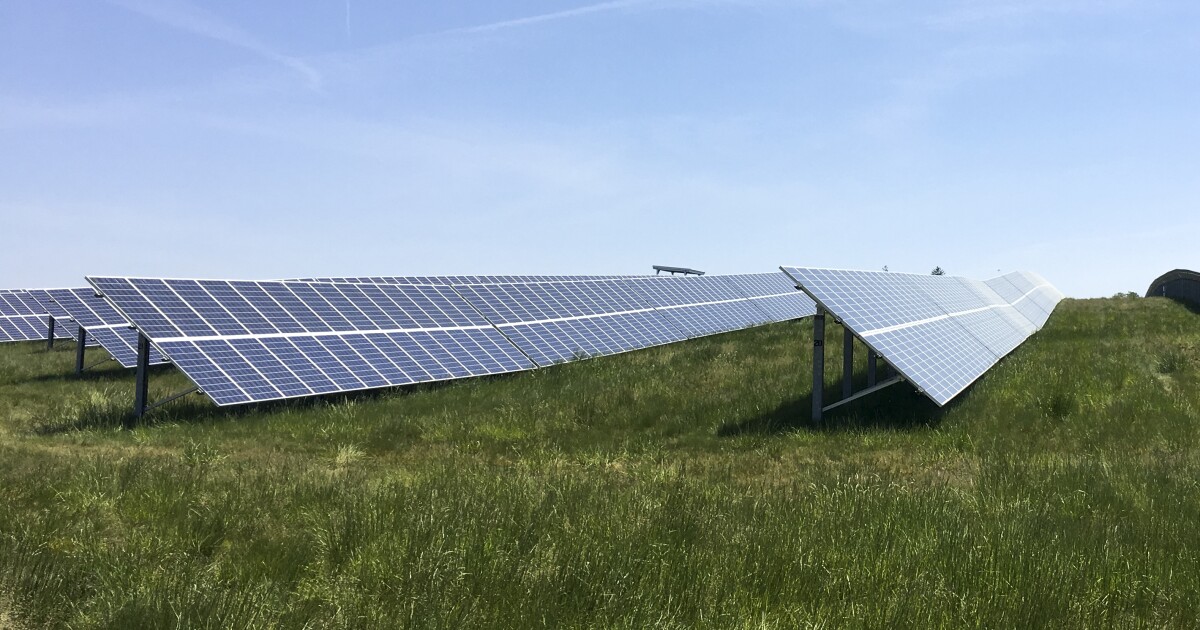Key Takeaways
- The U.S. Senate’s recent bill reduces tax credits for solar and wind power, impacting renewable energy projects nationwide.
- While some industries benefit from continued tax incentives, labor groups warn that the bill could significantly harm job growth in renewable energy sectors.
Impact of the New Bill on Renewable Energy
The U.S. Senate’s recently passed bill poses significant challenges for renewable energy advocates by drastically reducing tax credits for solar and wind power projects. As the bill moves to the House of Representatives, environmental groups warn that the cuts could hinder renewable energy development across the country, affecting both red and blue states.
The bill allows solar and wind projects to claim tax credits only if construction begins within a year. If projects commence later, they must be completed by the end of 2027, a timeline many experts believe is unachievable due to permitting and supply-chain issues. Sharon Pillar, executive director of the Pennsylvania Solar Center, argues that these restrictions are detrimental, potentially jeopardizing the investments made in solar projects and the jobs of over 100,000 workers in Pennsylvania’s energy sector.
The implications extend beyond job losses. Pillar emphasizes that new electricity generation is increasingly powered by renewable sources and that delays in building renewable projects may lead to rising electricity prices for consumers. Labor groups have voiced their concerns, with the Allegheny-Fayette Central Labor Council labeling the bill a significant job-killer. Darrin Kelly, its leader, noted that maintaining diverse energy sources is crucial for the industry’s future.
In contrast, some industry representatives express a more measured outlook. Mitch Carmichael, director of Built for America, acknowledges that while the bill could have been more favorable to renewable energy incentives, it retains beneficial provisions for other industries like nuclear power and energy storage. He also highlights that support for renewable energy exists even among communities historically tied to fossil fuels, as families prioritize job security.
Despite this support, political ideologies surrounding climate change have complicated discussions on renewable energy incentives. Some senators tried to amend the tax-credit rollback but faced opposition rooted in broader political narratives. Pennsylvania Senator Dave McCormick has stated his preference for a phased approach to ending subsidies, arguing against abrupt market distortions.
While labor and environmental groups fear for the future of renewable projects, industry leaders emphasize the need for a reasonable transition period to adjust investments toward sustainable practices. They believe the current Senate bill’s timeline, while insufficient, offers a potential pathway for businesses to prepare for future changes. Overall, the debate continues as stakeholders strive for a balanced energy policy that meets both environmental goals and job security for American workers.
The content above is a summary. For more details, see the source article.















